
Water is one of the major factors that influence human migrations and settlements. It is also one of the key resources that influence population density. For instance, human and animal settlements thrive in ecosystems with an abundant supply of water, and they migrate from arid and desert ecosystems with a lack of water supply.
This explains the reason the United Nations General Assembly, UNGA, proclaimed at its 78th session on December 23, 2003, that the years 2005 to 2015 be marked as the International Decade for Action on Water for Life. The proclamation was to the effect that "the relevant United Nations bodies, specialised agencies, regional commissions, and other organisations of the United Nations system, deliver a coordinated response to make "Water for Life a decade for action."
As a result, the World Health Organisation, WHO, in collaboration with the United Nations International Children's Education Fund, UNICEF, strove to ensure that the target of the Millennium Development Goals, MDGs, which provided for access to safe and potable drinking water for all, and the provision of appropriate sanitation to enable humanity to become free from diseases, was achieved.
Moreover, by January 2015, the United Nations, at its annual International Zaragoza Conference in Rio de Janeiro, with the theme "Water and Sustainable Development: From Vision to Action," declared that by 2030, it plans to achieve universal and equitable access to safe and affordable drinking water for all. A report of the UN-Water Zaragoza conference (2015) recognises that water is not only at the heart of sustainable development but also a key determinant in all aspects of social, economic, and environmental development and should command a central focus in any framework for poverty eradication.
Goal 6 of the Sustainable Development Goals, SDGs, focuses on ensuring the availability and sustainable management of water and sanitation for all. The goal consists of eight specific targets, including six on water and sanitation-related outcomes (targets 6.1 to 6.6), with the last two targets focusing on implementation of the outcomes (targets 6.a and b). Target 6 (b) states that the participation of local communities shall be supported and strengthened to improve water and sanitation management. Furthermore, the indicator (6.b.1) is concerned with established and operational policies and procedures for the participation of local communities in water and sanitation management.
Despite declarations in the Millennium Development Goals, and their successor, the Sustainable Development Goals, as well as efforts by the Lagos State Government, a remarkable shortfall is still perceived in the demand-supply ratio of available potable water in the state. The inability of Lagos State water supply systems to meet the potable water needs of the ever-rising population in the state has resulted in a situation where a sizeable proportion of the population of the rural suburbs of Epe, Ikorodu, Badagry, and Ibeju-Lekki LGAs depend on wells and springs to meet their needs.
Apart from the four major waterworks at Adiyan, Iju, the Akute power plant and intake works, located in Ifo LGA of Ogun State; Isashi, and Otta-Ikosi, in Ojo and Ikorodu LGAs of Lagos State, the state government has also invested in 27 mini-waterworks and 10 micro waterworks with an estimated combined production capacity of 240 million gallons a day (mgd). Many of these mini-and micro-waterworks are not producing, a situation that compounds the estimated water demand of 733 million gallons proposed by the Lagos State water supply demand gap estimates for 2018-2020. The Lagos State Water Corporation's master supply plan (2010-2020) indicates that the water supply systems have a right of way measuring 180 kilometres of transmission mains and 2,215 kilometres of distribution mains. Currently, it is only able to connect about 200,000 homes to a water supply.
The concept of sustainability is concerned with processes and actions through which humanity is able to avoid depleting its current natural resources and ensure that the quality of life for generations to come does not decrease. The term owes its origin to the United Nations Brudtland Commission (1987), which defines sustainability as "meeting the needs of the present without compromising the ability of future generations to meet their own needs and aspirations." On its part, sustainable development is often associated with environmental sustainability, social sustainability, and economic sustainability.
While environmental sustainability focuses on maintaining the quality of the environment, social sustainability involves ensuring human rights, equality, and respect for cultural diversity. Economic sustainability strives to ensure that the natural, social, and human capital for income and living standards are maintained. The bottom line is that complete sustainable development is usually achieved through a balance between the environmental, social, and economic pillars, though the required condition is not easy to achieve because each of these pillars has to respect the interests of the other pillars. Ensuring long-term impact and project continuity is not only a big challenge but also an important issue of concern that dominates discourse in development communication.
It has been observed that the Lagos State government has been applying the top-down communication approach, in its interactions with the host communities of its water supply systems. This approach, which is identified with modernization theory, is often associated with the 'depositing' of development projects in the host communities without any collaboration or dialogue with the stakeholders. The bottom-up approach, for its part, aligns with two-way communication between the project developers and host community stakeholders.
It involves interactive communication and participation, with stakeholders in these communities enabled by the project developers or donors to regard their participation in such projects as a right and not a privilege. They thus take part in its planning and execution and discuss issues of maintenance and sustainability. Their involvement enables them to exercise control over local decisions, especially on how resources available to the organisation are used, and so they have a feeling of belonging to the project.
To generate such feelings of local ownership, community stakeholders must be allowed to assume more responsibilities in the planning and execution of the water supply systems in their localities. Noticeable, however, is the fact that stakeholders in host communities of the Lagos State water works have not been sufficiently carried along by the project developer, as stakeholders said they were only consulted by the project developers. Under the consultation approach, which is described as quasi-participation that often involves exchanging information or collaboration among the parties involved, project donors usually do not concede any share in the decision-making processes to the consulted communities.
A community development association, CDA, chairman in Adiyan who reviewed the paucity of community involvement in the sustainability of the water supply systems said, "How do we dialogue about the sustainability of the water supply systems? The thing that you are not involved in, that you don't have any plans for, they don't call you? How do you plan for the sustainability of something you don't know anything about?" In Akute, a CDA chairman added, "Why do I bother whether the water collapses or not when the villagers are not given a water supply to drink?"
A traditional ruler in Akute who responded to the need for sustainability of the water supply systems in his community said, "How do we protect what they have not shown me that they are doing here? It is dangerous. Have they given us information before? They can accuse you of sending someone to poison the water they are producing for people to drink." In a similar vein, a CDA chairman in Iju said: "It is only recently that we in the area CDAs in Iju-Ishaga grouped ourselves to discuss water supply because for a long time there has been no water, especially in this area. Maybe in the downtown area they have water, but here we have no water. We live on boreholes."
These responses portend negative reactions to the issue of sustainability. They suggest that stakeholders were neither involved in the planning or execution nor encouraged to have feelings of local ownership of the water supply systems in these communities. To ensure sustainability of the water supply systems, the Lagos State government and other states that practice this procedure as policy should address the absence of interactive or genuine communication strategies in their host communities. They should, as an interim measure, set up dialogue offices to interface with their host communities and ensure their buy-in and their involvement in the sustainability of these projects.
Apart from Lagos State, the Federal Government should consider the enactment of a national development charter or a law to provide for host community participation or involvement in the planning and execution of development projects, with interactive participation in decision-making at the heart of such activities. This is bound to impact sustainable economic development and stem the attitude of passivity among community stakeholders, who refuse to become active in issues that concern the development projects in their conurbations.
A verification of the payment list revealed that certain beneficiaries had multiple accounts linked to their BVNs. In total, 513 beneficiaries had 1,370 accounts on the payment list linked to their BVNs. Other anomalies were that of certain accounts not linked to their BVNs; this group had a total of 2,601 accounts.
A summary of the suspended accounts are presented in two categories with the first indicating that 711 accounts do not exist, while 1,885 BVN not linked to accounts and five accounts have invalid BVN. This brings the total of this category to 2,601.
Under category two, BVN of 513 beneficiaries are linked to 1,370 accounts. To rectify the irregularities a portal was created by PAP to enable affected beneficiaries to log in and those with multiple accounts linked to their BVNs were to choose just one account in order to have their payments regularised. This gesture by the Ndiomu administration has so far cleared 1,193 of the 2,601 accounts suspended under category one and their arrears paid in full to date, while 368 of the 513 beneficiaries suspended for having multiple accounts linked to their BVNs in category two have been cleared with their arrears also paid in full to date. A total of 1,561 have been cleared and paid in full to date. Presently, multiple account fraud has been eradicated from the payment list.
Under Ndiomu, the administration has created job opportunities for youths, both male and female from the Niger Delta and this is an ongoing process which will add value to the lives of young people and obviously reduce the culture and cycle of dependency among youths.The PAP has gained a huge mileage from September last year through the initiatives introduced by General Ndiomu and his managerial acumen has impacted positively on the Programme. He had earlier been quoted as saying "cheap lies and blackmail will not deter me from doing what is right by the majority of ex-agitators and the people of the Niger Delta".
All the mindless criticisms and attacks by detractors and blackmailers is a function of an aspect of the media providing oxygen to the pull-him-down syndrome. The media in Nigeria have evolved and have a critical role to play in national development, particularly in the PAP story. Working together with the administration of General Ndiomu as development partners, the needed synergy could be created in changing the socio-economic narrative of the Niger Delta towards positive directions.

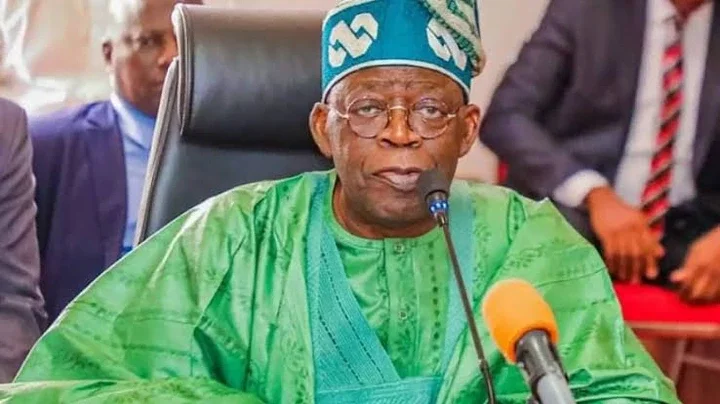
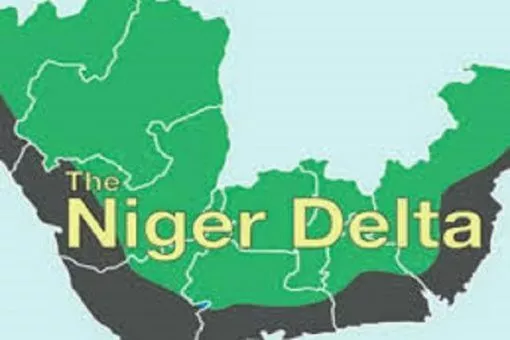
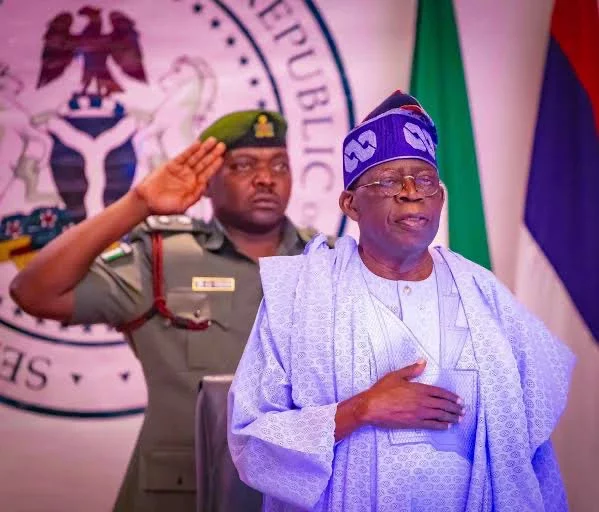
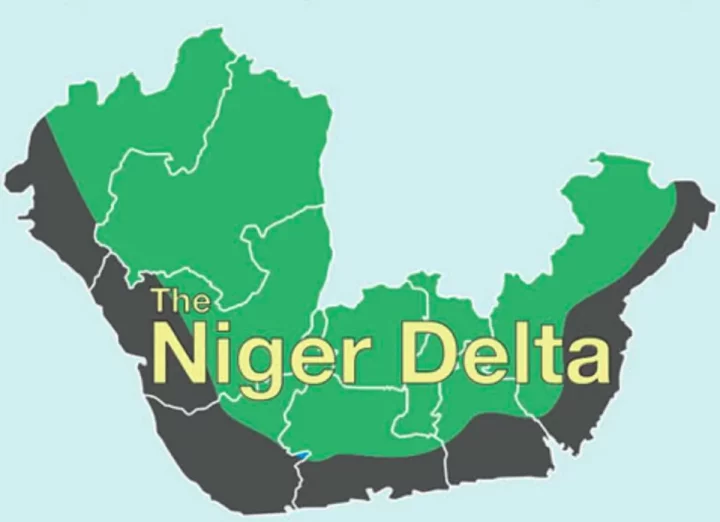
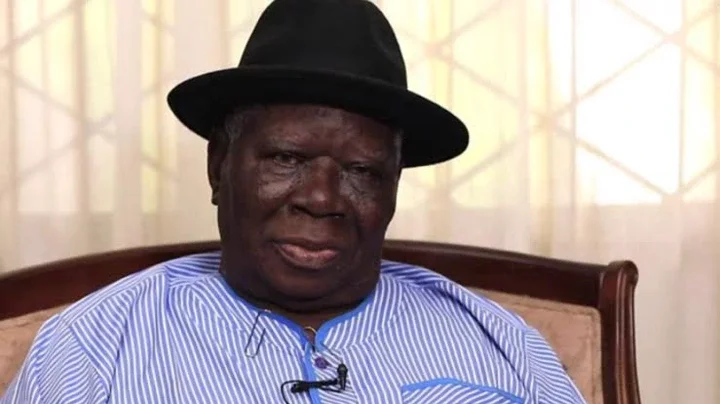
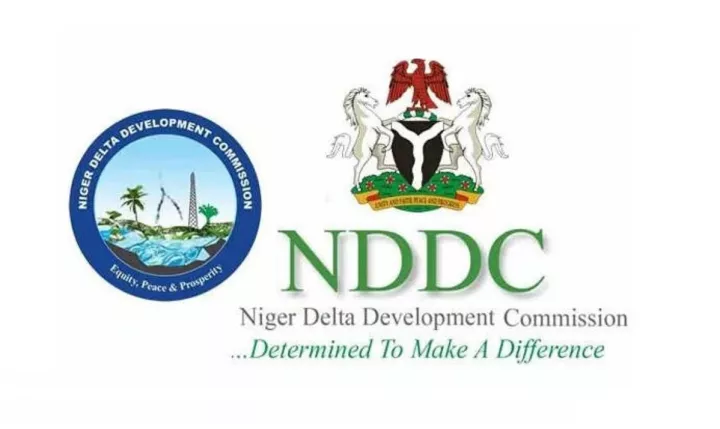
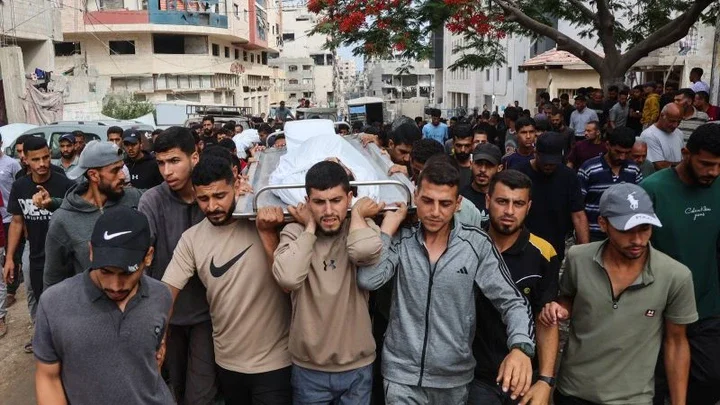

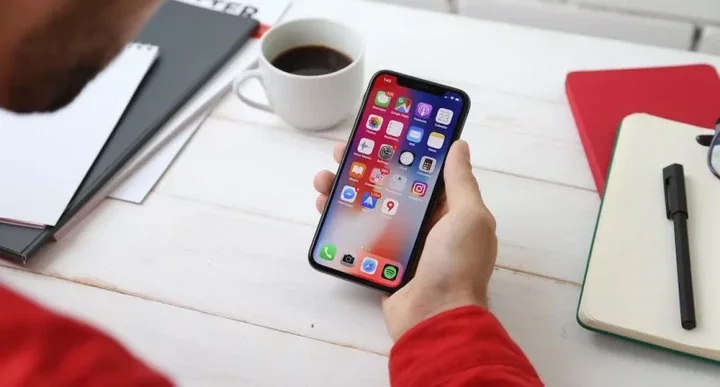



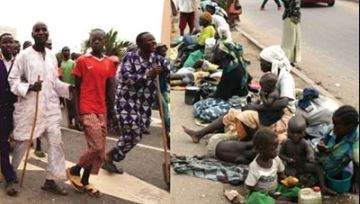
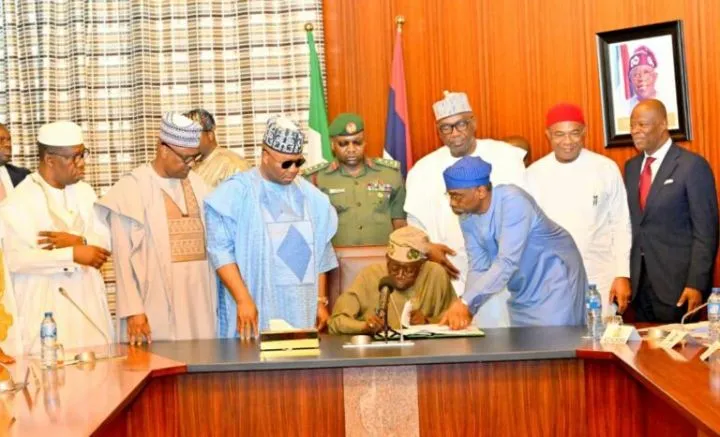


Comments